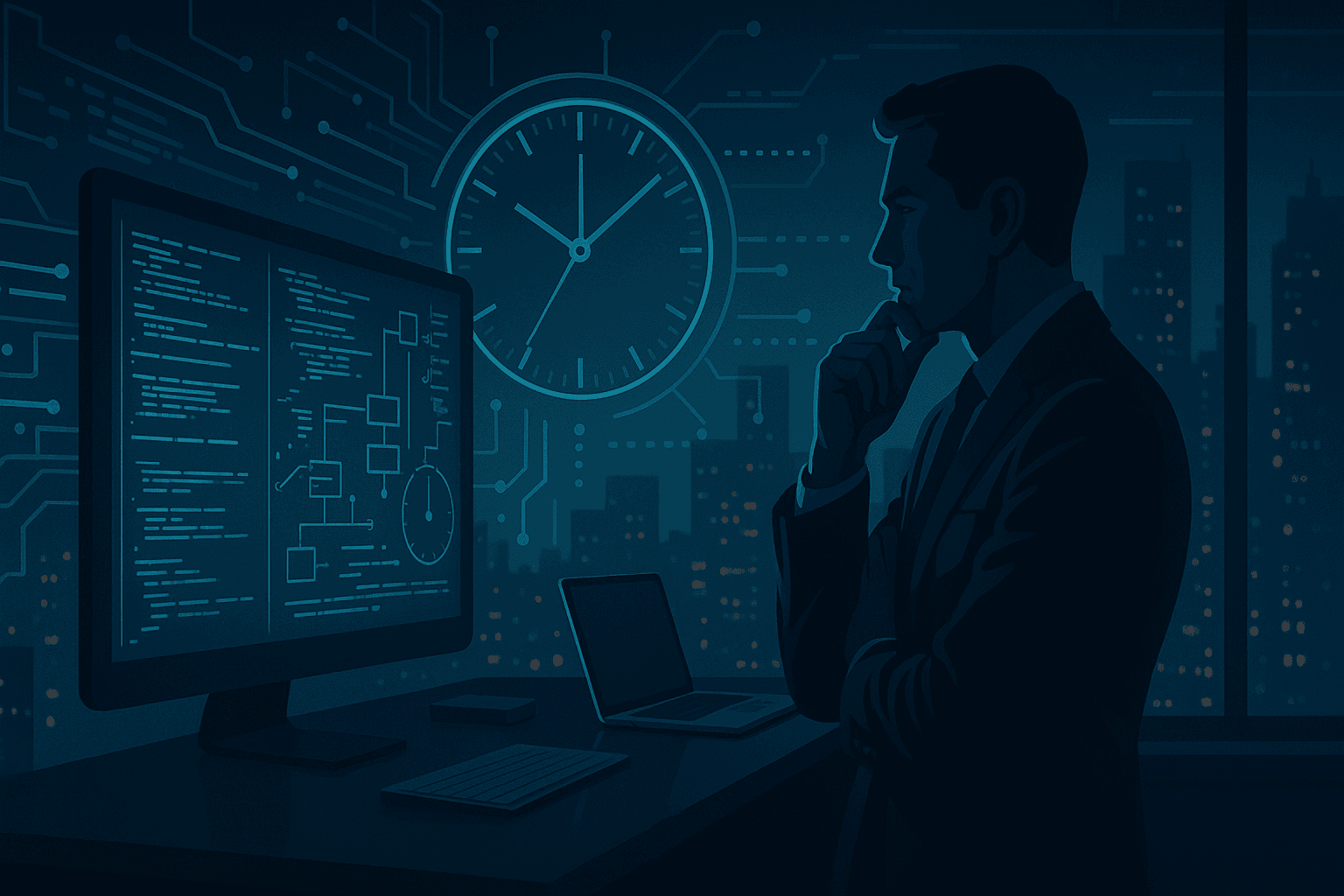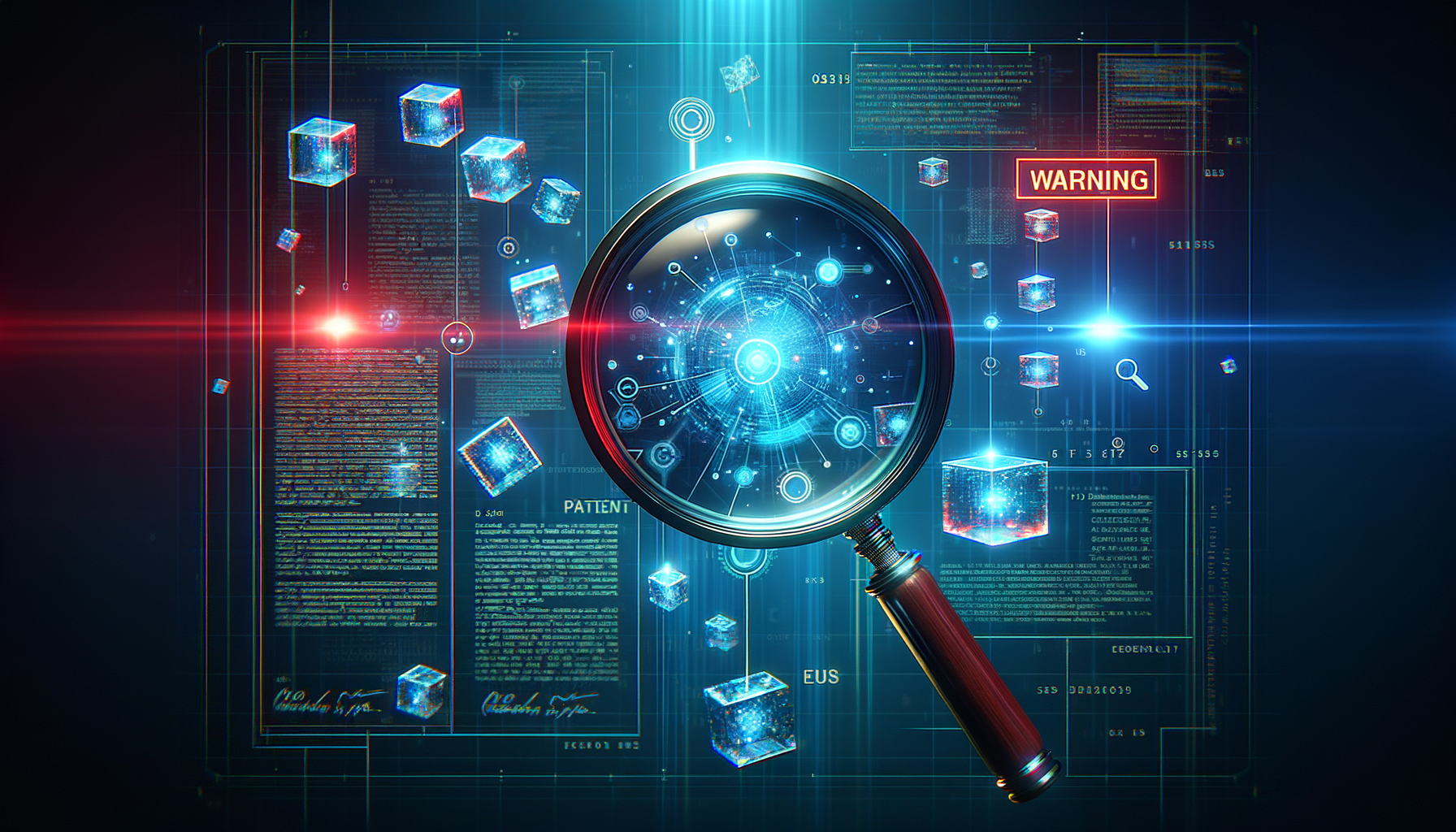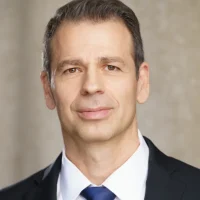When to Engage a Software Expert Witness: Timeline Considerations for Patent Litigation

Patent litigation involving software demands strategic precision, particularly in timing the engagement of a software expert witness. These professionals dissect complex codebases, algorithms, and system architectures, delivering technical clarity to bolster infringement claims, invalidity defenses, or damages assessments. For attorneys navigating intellectual property disputes, the decision of when to involve a software expert witness can shape case outcomes, streamline discovery, and enhance settlement leverage. This post examines critical junctures for engaging a software expert witness in patent litigation, drawing on procedural rules, case law, and practical insights to guide strategic decisions in high-stakes software disputes.
Pre-Complaint: Laying the Technical Groundwork
Before filing a software patent infringement suit, a software expert witness can refine case viability under 35 U.S.C. §271. Their analysis of accused products—whether AI-driven platforms or embedded systems—identifies actionable infringement, maps claims to features, and uncovers potential prior art that could invalidate patents under §102 or §103. Early involvement mitigates Rule 11 risks by grounding complaints in robust technical assessments, avoiding sanctions for baseless claims (Fed. R. Civ. P. 11). For instance, in fintech or blockchain disputes, a software expert witness can parse proprietary APIs or smart contracts to confirm patent scope, saving months of misdirected litigation.
Engaging a software expert witness pre-filing, often as a consulting expert, protects work product under attorney-client privilege. The Sedona Conference advises early expert input to shape discovery strategies, such as targeting version-controlled repositories or commit logs critical to software cases (Sedona Conference, Commentary on Patent Litigation Best Practices, 2019). This phase, spanning weeks to months, allows attorneys to craft precise complaints and anticipate defenses, leveraging the expert’s insights to prioritize interrogatories or document requests.
Discovery: Harnessing Technical Expertise for Evidence
Once litigation commences, discovery under FRCP 26 becomes a battleground for technical evidence. A software expert witness is indispensable here, analyzing source code, system logs, and development records to substantiate infringement or defenses like independent development. Their ability to navigate terabytes of data—often under protective orders—ensures relevant evidence, such as forked code or API calls, surfaces early. Delayed engagement risks missing deposition opportunities or failing to meet FRCP 26(a)(2) disclosure deadlines, typically 90 days before trial, which demand detailed expert reports (Fed. R. Civ. P. 26(a)(2)).
In practice, discovery spans 6-12 months, with local rules in districts like the Eastern District of Texas accelerating schedules. A software expert witness can streamline requests for production, pinpointing metadata in Git repositories or cloud logs that opposing counsel might obscure. Their reports also fortify responses to interrogatories, ensuring technical arguments align with legal theories. Waiting until discovery’s endgame invites chaos—rushed analyses miss nuances, like open-source dependencies that undermine patent validity, as seen in cases where late expert reports faltered under Daubert scrutiny (ParkerVision, Inc. v. Qualcomm Inc., 2014).
Claim Construction: Defining the Technical Battleground
Markman hearings, typically 6-9 months post-filing, hinge on claim construction under Phillips v. AWH Corp. (415 F.3d 1303, Fed. Cir. 2005). A software expert witness provides declarations clarifying terms like “data processing unit” or “machine learning model,” grounding interpretations in the patent’s intrinsic record and industry norms. Their input, submitted 60-90 days before briefing, prevents constructions that overbroaden or narrow claims, directly impacting infringement or invalidity outcomes (ABA, Expert Witnesses in Patent Litigation, 2020).
For example, in software-heavy cases, ambiguous terms like “module” require technical context to distinguish between hardware and software implementations. A software expert witness ensures briefs reflect accurate technical realities, countering opposing experts who might exploit vagueness. Early engagement—ideally post-discovery onset—allows time to align their declarations with legal strategy, avoiding last-minute pivots that weaken credibility.
Summary Judgment and Pretrial Motions: Fortifying the Case
At the 12-18 month mark, summary judgment motions under FRCP 56 test case merits. A software expert witness strengthens oppositions by demonstrating genuine fact disputes, such as whether the accused code embodies a patented algorithm or exhibits non-obvious modifications. Their affidavits counter §101 challenges under Alice Corp. v. CLS Bank (573 U.S. 208, 2014), articulating inventive concepts in software patents, like novel data compression techniques. Late engagement here risks Daubert exclusions for methodological flaws, as seen when courts struck testimony lacking peer-reviewed bases (Daubert v. Merrell Dow Pharm., Inc., 509 U.S. 579, 1993).
Pretrial preparation also benefits from a software expert witness crafting demonstratives, such as flowcharts or animations, to demystify code for juries. Their involvement in mock depositions hones testimony, ensuring resilience against cross-examination. Delays in this phase inflate costs, as accelerated billing for reports or depositions strains budgets, a lesson from Law360 coverage of expert admissibility disputes in software litigation (2023).
Trial and Appeals: Delivering Technical Clarity
By trial, often 18-24 months post-filing, a software expert witness takes center stage, translating complex systems—think neural networks or encryption protocols—into digestible testimony. Their ability to withstand cross-examination under FRE 702 hinges on early preparation, ensuring opinions rest on reliable, case-specific methodologies (Fed. R. Evid. 702). Cases like VirnetX Inc. v. Apple Inc. (769 F.3d 1359, Fed. Cir. 2014) illustrate this: a software expert witness’s phased involvement, from discovery to trial, clarified VPN infringements, securing multi-million verdicts through technical precision.
Post-trial, Federal Circuit appeals may revisit expert testimony, particularly on claim construction or damages. A software expert witness’s documented analyses, built over the litigation timeline, provide appellate ballast. Their role doesn’t end at verdict—winding down involves archiving technical findings for potential remands, a step often overlooked (Westlaw Practical Law, Post-trial expert management commentary, 2022).
The Cost of Delay: Strategic and Financial Risks
Delaying a software expert witness’s engagement invites strategic missteps. Late disclosures violate FRCP 37(c), risking exclusion of testimony critical to infringement or invalidity (Fed. R. Civ. P. 37(c)). In Antonick v. Electronic Arts (841 F.3d 937, 9th Cir. 2016), excluded software expert testimony on code copying derailed the plaintiff’s case, underscoring the need for timely, methodologically sound reports. Rushed engagements also produce shallow analyses, missing subtleties like embedded libraries that negate novelty, inflating costs through expedited work.
Conversely, early involvement enhances settlement leverage. A software expert witness’s report, delivered mid-discovery, can pressure opponents into favorable terms, given that 95% of patent cases settle pretrial (USPTO, Patent Litigation Statistics, 2023). Their technical insights also inform mediation, framing disputes in concrete terms that avoid protracted battles.
Strategic Selection and Preparation
Selecting a software expert witness demands scrutiny of their credentials—advanced degrees, patent portfolios, and prior testimony in relevant domains like SaaS or IoT. Avoid those with conflicting prior opinions, as courts and opposing counsel exploit inconsistencies (ABA, Expert Witnesses in Patent Litigation, 2020). Preparation requires mock examinations to test Daubert resilience, focusing on error rates and industry-accepted methods. Collaborate on visuals—e.g., UML diagrams—to simplify jury presentations, ensuring technical arguments resonate without overwhelming.
Emerging AI tools add complexity. Courts scrutinize generative AI use in expert evidence, requiring a software expert witness to disclose and validate tool use under FRE 702’s reliability prong (Reuters Legal News, Courts scrutinize generative AI use in expert evidence, 2024). Early audits of their methodologies prevent sanctions and align with ethical standards (ABA Model Rule 3.4).
Case Studies: Timing in Action
VirnetX v. Apple demonstrates timeline mastery. A software expert witness’s early analyses of FaceTime’s secure protocols shaped discovery, claim construction, and trial testimony, securing $625 million in damages through technical clarity (769 F.3d 1359, Fed. Cir. 2014). In contrast, Versata Software, Inc. v. Ford Motor Co. faced hurdles when late expert rebuttals on software misappropriation weakened arguments, emphasizing the need for proactive engagement (E.D. Tex. 2017). These cases, alongside rising AI patent disputes, affirm that a software expert witness, strategically timed, transforms technical complexity into persuasive advocacy (Bloomberg Law analysis, Rise in AI-related patent suits, 2025).
For attorneys, aligning a software expert witness with litigation phases—pre-filing for strategy, discovery for evidence, and pretrial for fortification—maximizes impact. Procedural anchors like FRCP and ABA guidelines, paired with lessons from VirnetX and Versata, underscore timing’s role in securing favorable outcomes (Fed. R. Civ. P.; ABA, 2020).
Sidespin Group offers software expert witness services for litigation matters. Get in touch for a free consultation for your software litigation case.
Written by
Related Insights
Discuss your Case
- info@sidespingroup.com
- (800) 510-6844
- Monday – Friday
- 8am – 6pm PT
- 11am – 9pm ET


